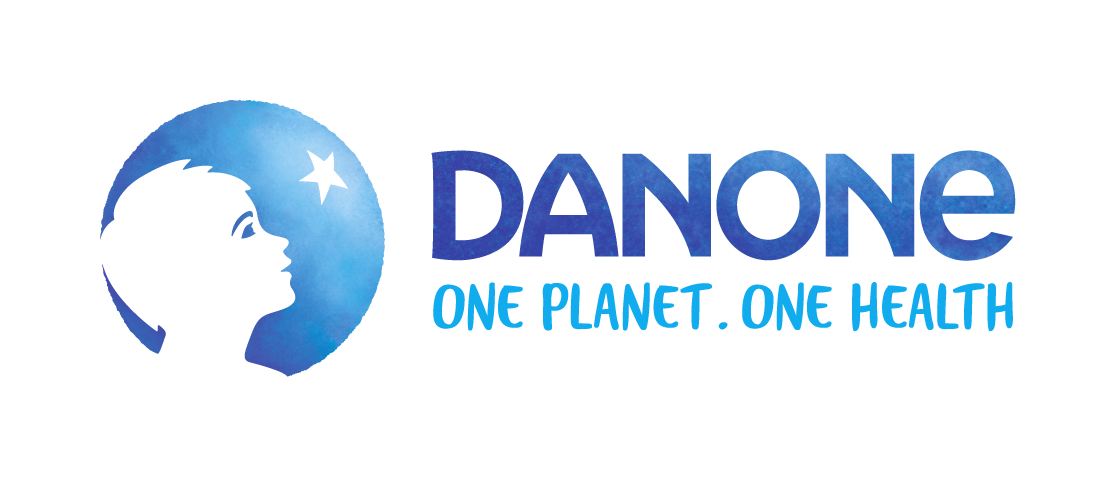Inside BENEO’s new pulse plant: pioneering sustainable protein from faba beans
In this reinvention of food, the most prominent paradigm accelerated by the pandemic is undoubtedly the trend toward local
Danone’s Chairman & CEO, Emmanuel Faber recently said that the company will focus on ‘local-first’ – a key step by the organisation to restore value creation in a COVID-world.
The global pandemic has accelerated a number of the patterns of the food revolution and altered others. Speaking about the aspects that are favorable to Danone, Faber said, “We definitely need to reinvent ourselves, as a company, very much like all of us are doing it in our own ways of living, working or consuming. In this reinvention of food, the most prominent paradigm accelerated by the pandemic is undoubtedly the trend toward local. It is a systemic evolution whereby the diversity of dietary habits rooted in their local cultures is now considered as a key security and resilience factor for global food systems,” added Faber.
It is also a major political trend with the strong emergence of national food sovereignty narratives in many countries. It is for long a consumer trend where many perceive local as a way to regain control over their food. Danone’s adaptation plan in this context can be summarised in just two words – Local First.
Faber notes, this plan has three major axes:
- ”Local First” is a plan by which our local business units will regain autonomy, everywhere, as close as possible to consumers and the field. For this, our business entities in countries will not anymore be dependent on a specific global category organization but will be unified in one single local business unit playing with strength and efficiency on the whole range of local specificities to win in our capability to serve our clients and consumers and therefore to grow. Because each of them has a unique contribution, expertise, experience, we also want our countries to participate actively to the global management of the company. Consistent with that, they will be represented at the Executive Committee by zone presidents.
- Simultaneously, by giving power back to countries, we will regain agility, by shortening our decision-making processes: for instance by having only two decision-making levels on capital expenditure where there are five today or two levels to manage a brand like Activia where there are four today. By doing this, we will profoundly change the nature of the role of our headquarters because central functions will have a new role essential to serving the competitiveness of our countries. These shared or “common” functions will harness and foster the collective intelligence which makes the uniqueness of this company: our culture, our talents, our expertise, the data and the common language that they will allow, but also the access to technologies and resources in capital. It will be critical that these common functions are symbiotic with our local entities and better connected to our business. This is among the reasons why we will study relocating our global headquarters in Paris closer to our French business headquarters. This simplification and evolution in the role of our common functions will translate in reductions of around 1,500 to 2,000 positions in local and global headquarters, with up to 25% of current job positions for our global headquarters. And we will on this topic pay particular attention to the quality of the human and social aspects of this transformation including by implementing the specific policies that we have designed to face the current crisis with our social values and principles.
- Finally, we will gain efficiency and competitiveness. Local First works hand in hand with the implementation of our new integrated value chain organization End-to-End Design-to-Delivery which we announced on October 19, which will allow us to access new sources of productivity including through digitalization. Combined, these pillars of the plan will reinforce our ability to grow and also to generate recurring savings amounting to €1 billion by 2023, which will be partly reinvested in support of our growth and our brands but also to re-enforce our margins. Historically, Danone was a growth champion from which derived our gradual improvement of our margin. Over the last few years, we have accelerated the progression of our margin in a more complex growth context. We have been able to raise by 50% the recurring EPS of the company over the five years that preceded the pandemic. After 12 months of COVID, we now forecast thanks to this adaptation plan to return to profitable growth in less than 12 months, as soon as H2 2021 and for our recurring operating margin to return to its pre-COVID levels at more than 15% by 2022.

